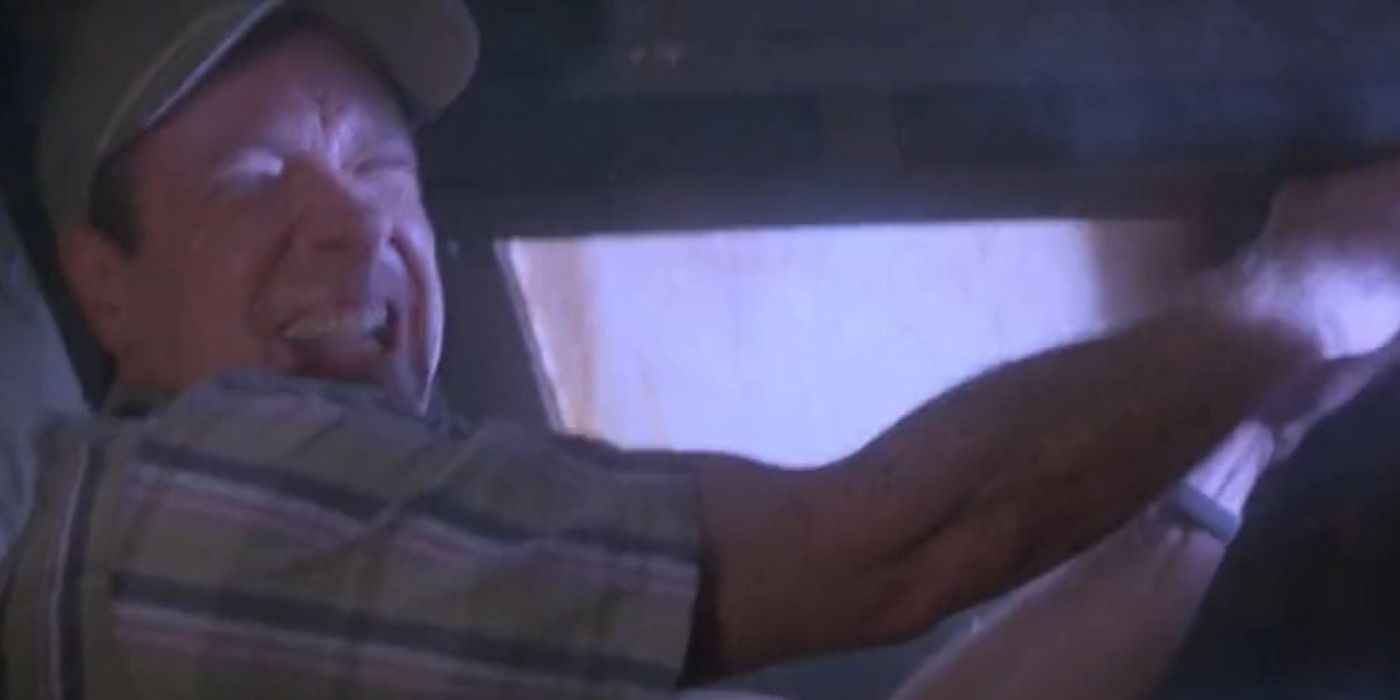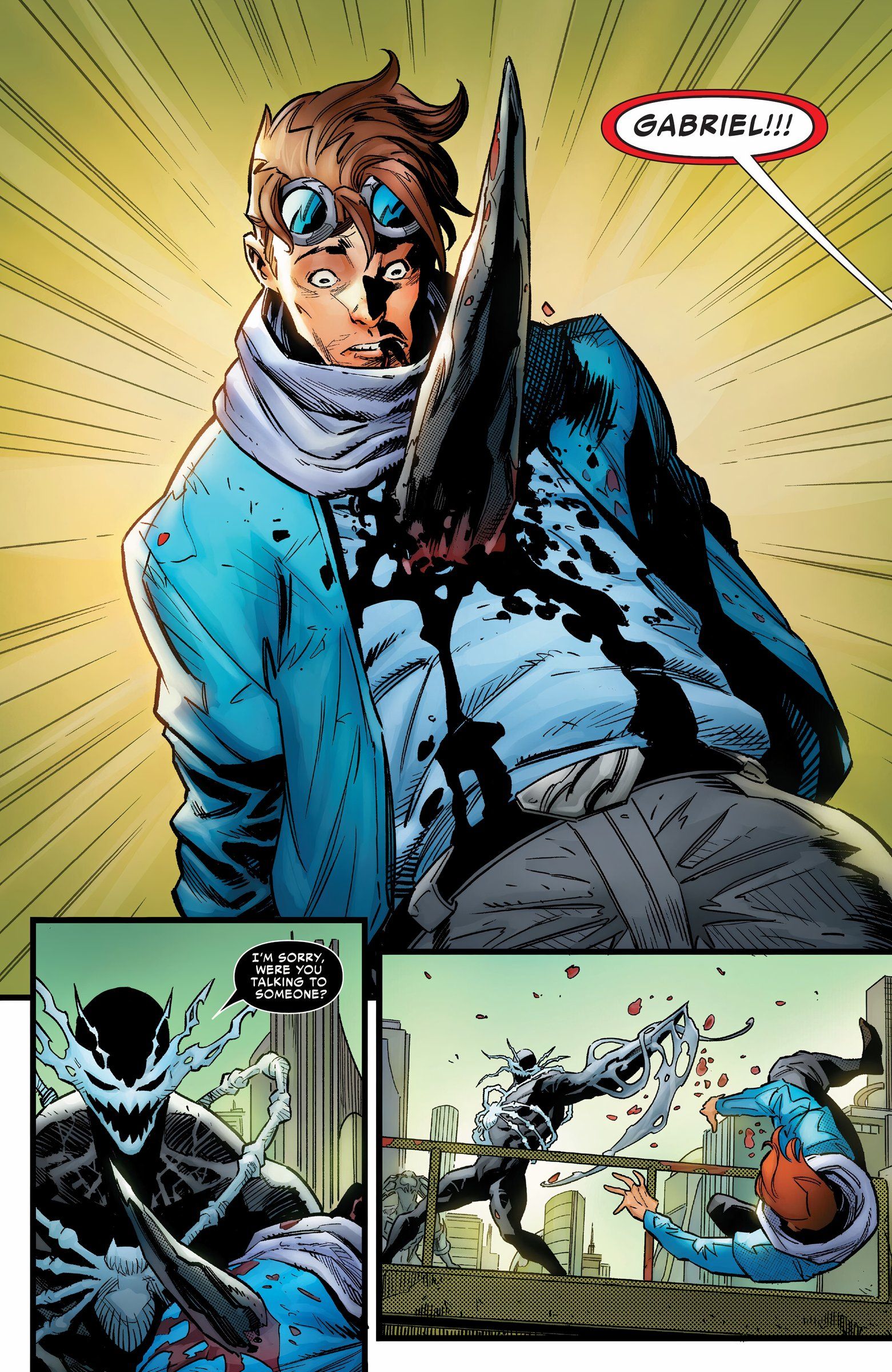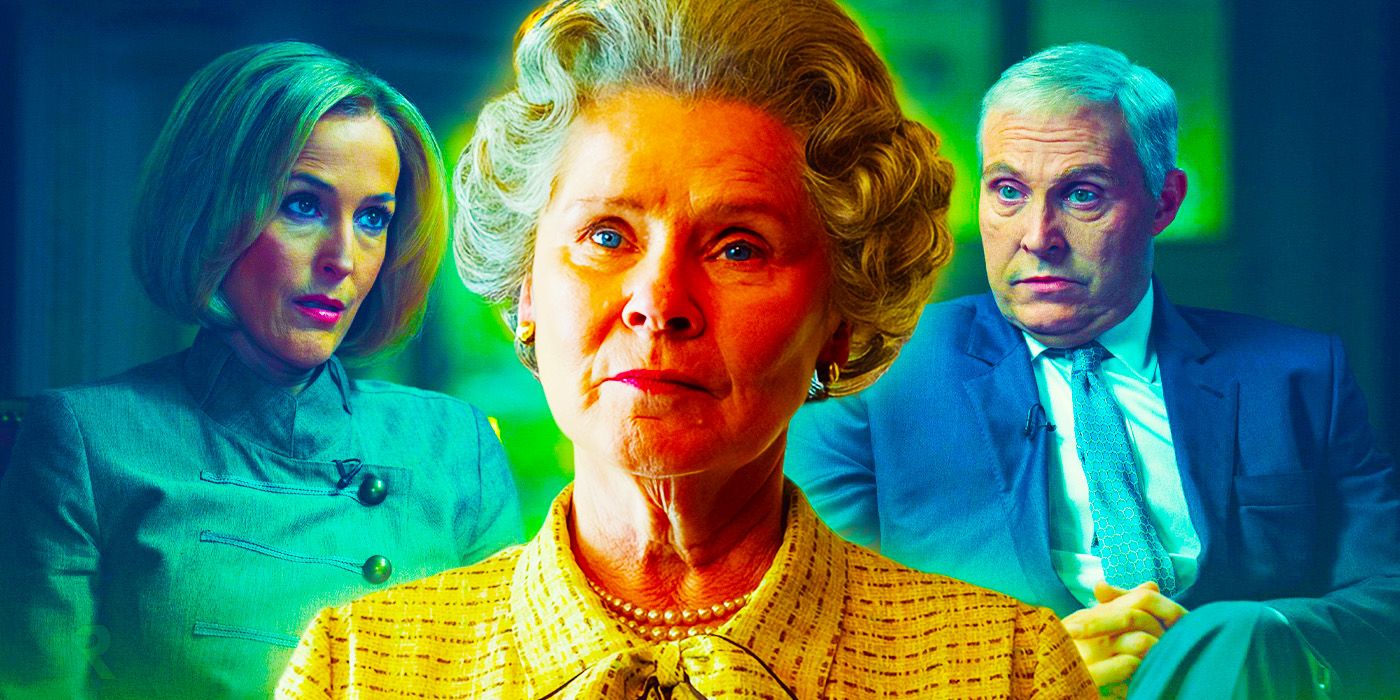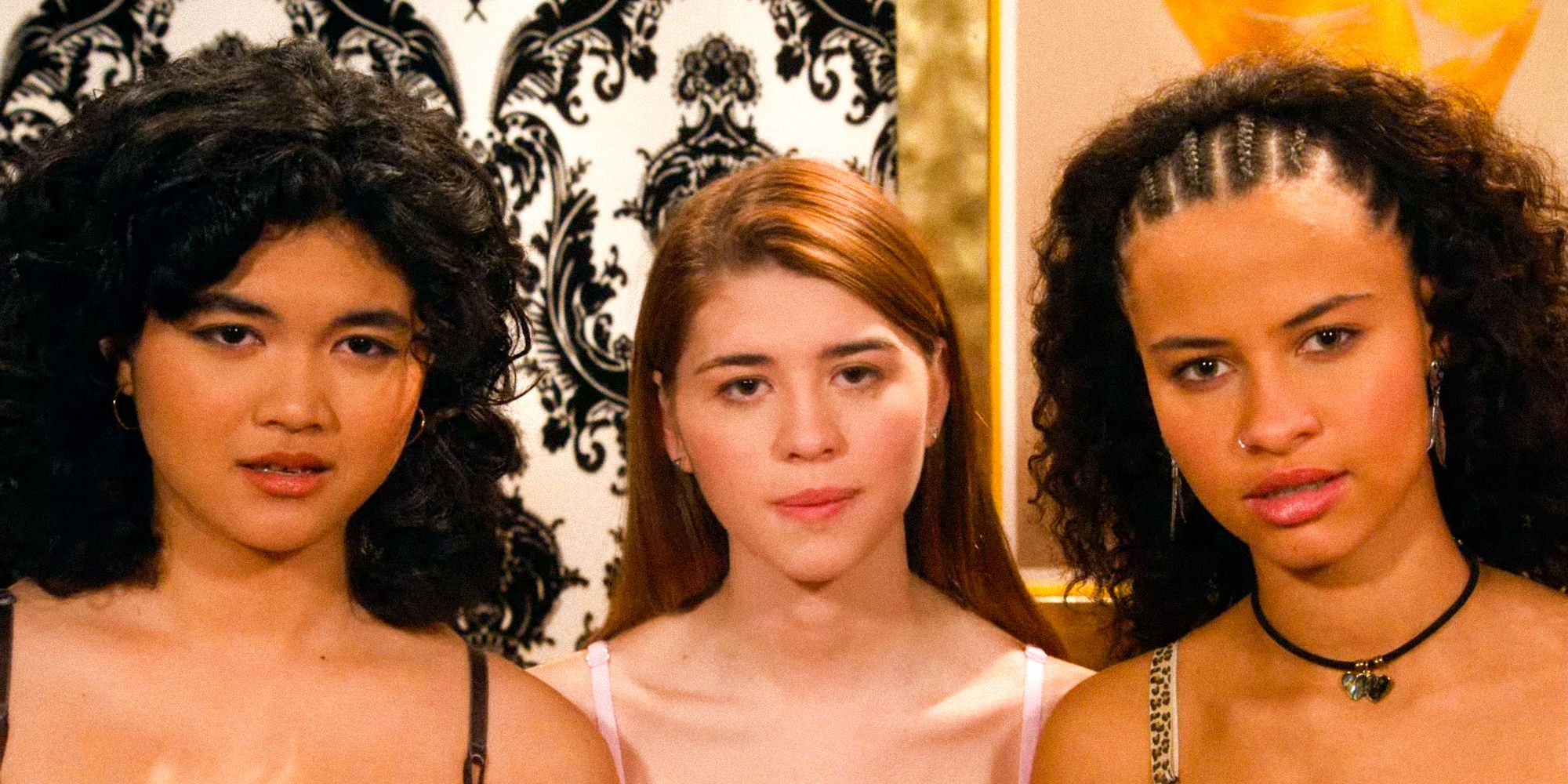Mattie Do, the Laotian director who became the first and only woman director from Laos with her film Dearest Sister, returns with The Long Walk (original title Bor Mi Vanh Chark), her third film. In her latest, which was written by Christopher Larsen, Do blends genres together to craft a subtle and impactful tale about the human condition.
The Long Walk tells the story of a middle-aged Laotian farmer (Yannawoutthi Chanthalungsy) who witnessed a fatal car accident near his home in rural Laos many years ago. After losing his mother to illness, he spent many years making bad choices which resulted in him being left alone. He’s left with only his regret and the spirit of the woman who died (Noutnapha Soydara) — who walks the road where she lost her life — by his side.
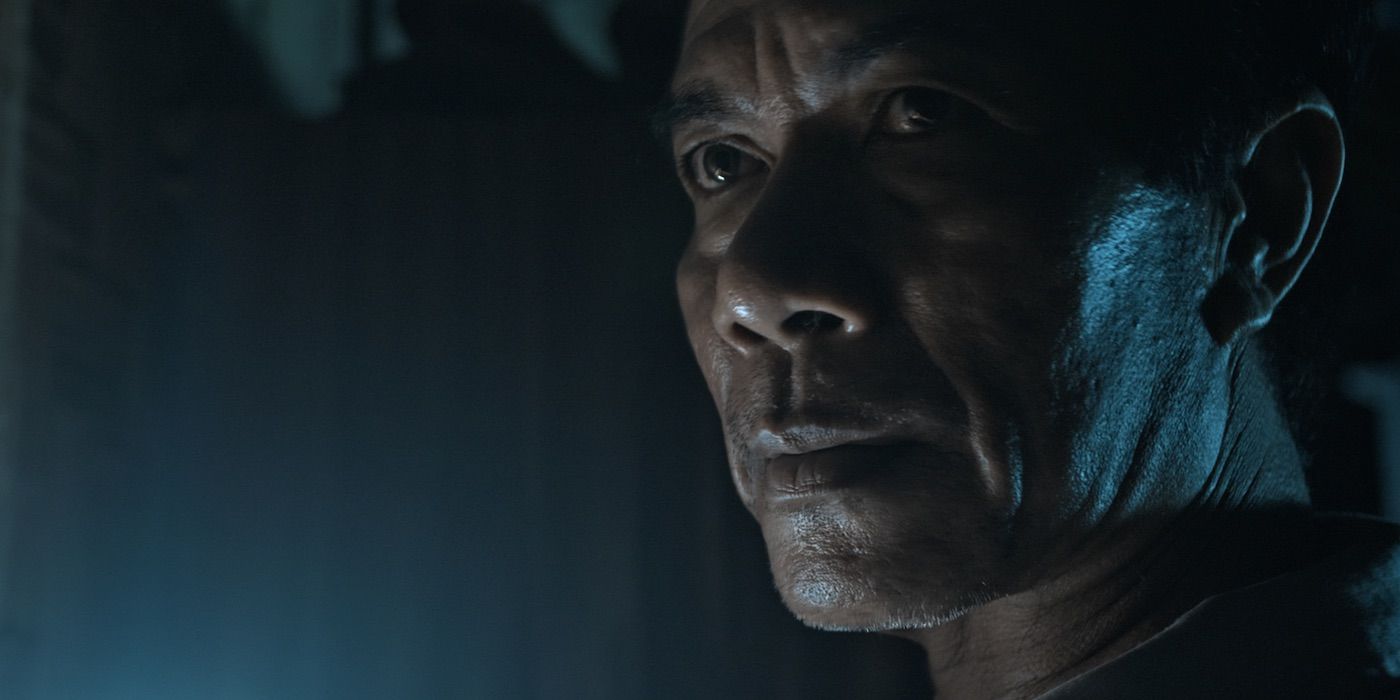
Do’s film is a carefully considered drama that blends genre with an intimate exploration of the socio-economic hardships of rural Laos and the farmer’s complicated past. It is not your typical ghost story as it does not engage with the terror that comes with facing a ghost. Rather, it uses the framework of a ghost story to delve into the ghosts that may lurk in one’s mind. As a woman behind the camera, the expectation to deliver a great film are much higher, and Do has already solidified herself as a bold and integral creative whose vision will help create a solid foundation for Laotion cinema. With so much mounted on her shoulders, Do once again delivers a film that is teeming with her vision and ambition.
The Long Walk is a labor of love that is beautifully captured on camera by cinematographer Matthew Macar. It is deliberately paced to get the best out of the time-traveling aspects of the story. Such a story cannot be rushed nor be swayed by conventions. It is too deeply entrenched in a cultural context that any choice to make it palatable would diminish Do and Larsen’s goals for the film. The Long Walk moves at a steady pace, asking its audience to trust the journey as the narrative and thematic pieces fall into place. In the meantime, the ensemble cast carries much of the emotional heft of the film, pulling viewers in with their considerable screen presence. In addition to the leads, the cast includes the adorable young Por Silatsa and the enigmatic Chansamone Inoudom. Each of them brings an earnest and genuine quality to the film.
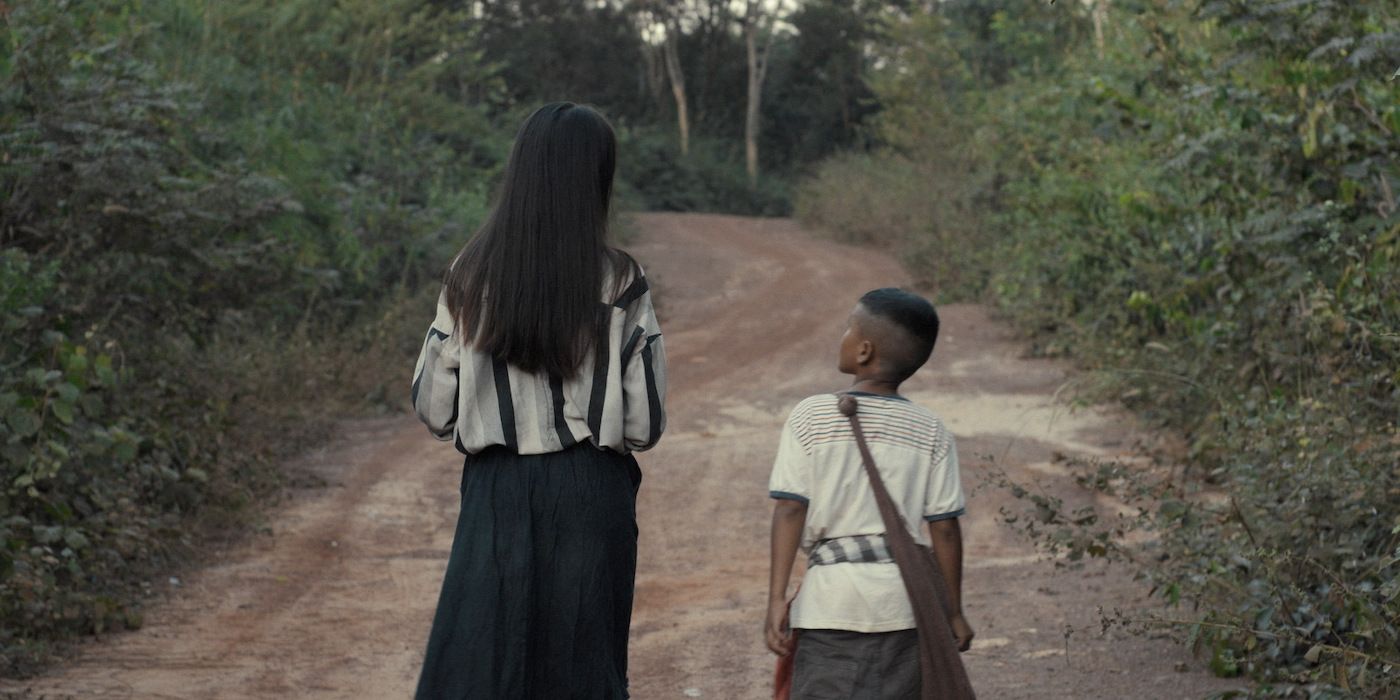
The layering of narratives and characters could be a point of contention for some, but there is beauty to be found in a nuanced film that does not try to appease its audience with a linear story that spells out every character choice and plot point. The film is meant to engage with the central character’s emotions and the traumatic events that effectively bookend his life. Do’s film finds a precarious balance with technology, science, the supernatural, and the spiritual. Somehow, she finds an effective way to tell a story that unpacks the complicated nature of guilt and its relation to time. The added details — of the reality of being in Laos — aren’t just randomly and aimlessly tossed in. They are necessary to provide context for the environment. Even though they aren’t expanded upon, it doesn’t make them any less relevant to understand the framework in which Do is telling her story.
The Long Walk is a film that requires patience from the audience as it unfolds; there is plenty to digest. With a stellar ensemble cast and a challenging, emotionally-driven narrative, this atypical ghost story will nestle into viewers’ minds until Mattie Do’s next directorial triumph.
The Long Walk is available on digital and on-demand as of March 1. It is 116 minutes long and is not rated.

